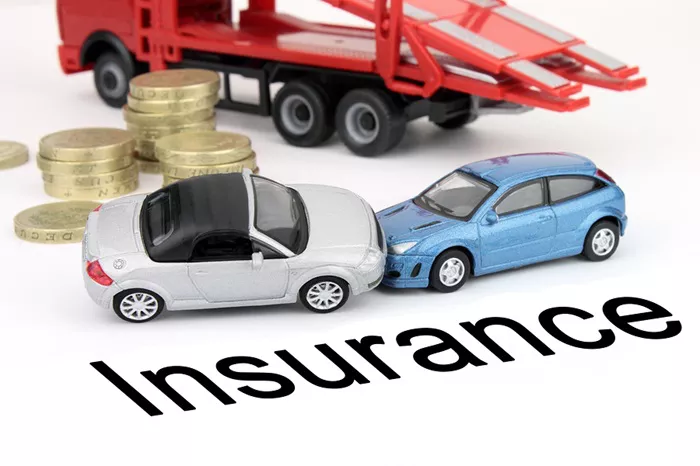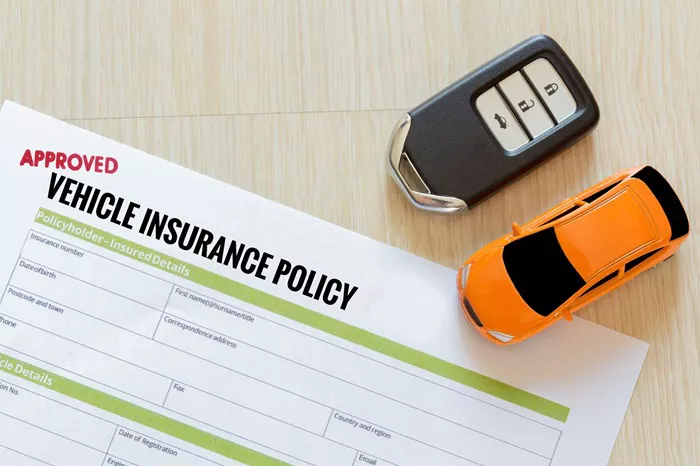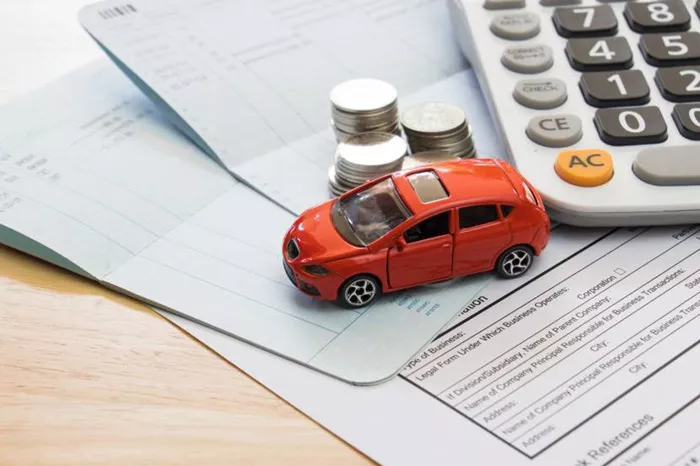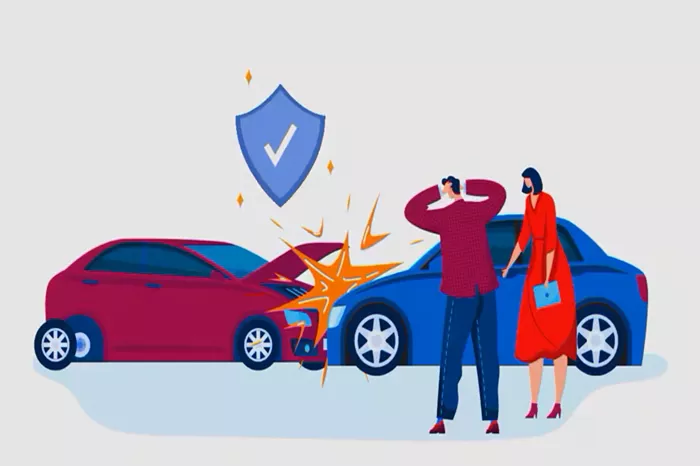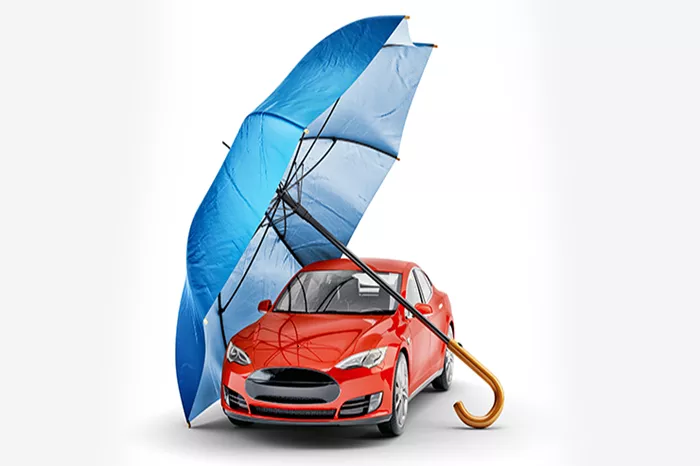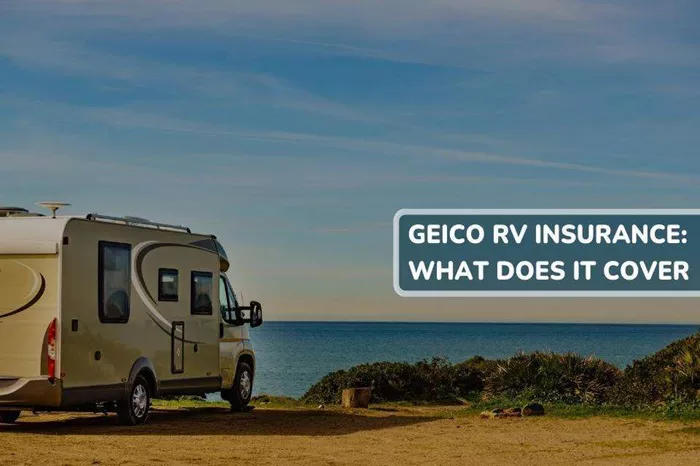When it comes to owning and traveling with an RV, one of the most important things to consider is insurance. RV insurance can protect you from unexpected events and ensure that you’re covered in the event of an accident, theft, or natural disaster. However, just like with any other type of insurance, you want to make sure you’re getting the best value for your money. In this article, we’ll break down everything you need to know about finding the best RV insurance prices and how to save money on coverage.
Understanding RV Insurance
Before we dive into finding the best prices, it’s essential to understand what RV insurance covers and how it works. RV insurance is similar to car insurance but tailored to the unique needs of RV owners. This coverage protects you against accidents, theft, fire, weather damage, and other unforeseen events that can happen while you’re traveling or parked.
There are several types of RV insurance coverage, each offering different levels of protection. These include:
Liability Coverage – This covers damages or injuries you cause to other people or property in an accident. It’s required in most states and provides essential protection for the other party involved in a collision.
Collision Coverage – This pays for damage to your RV in the event of a crash, regardless of fault. If you’re involved in an accident with another vehicle or object, this coverage will help pay for repairs.
Comprehensive Coverage – This covers non-collision incidents such as theft, fire, vandalism, or natural disasters like floods or storms.
Uninsured/Underinsured Motorist Coverage – If another driver causes an accident but doesn’t have enough insurance to cover the costs, this coverage will step in to protect you.
Personal Injury Protection (PIP) – PIP helps cover medical expenses for you and your passengers in the event of an accident, regardless of who is at fault.
Roadside Assistance – Some policies offer roadside assistance, which can be a lifesaver if you break down in the middle of nowhere.
Full-Timer’s Insurance – If you live in your RV full-time, this type of insurance offers additional coverage that addresses the needs of full-time RV dwellers, such as personal property protection.
Now that we understand the basics of RV insurance, let’s move on to finding the best prices for your coverage.
How to Find the Best RV Insurance Prices
Finding the best RV insurance price isn’t just about choosing the cheapest option. You need to balance cost with coverage, as the cheapest policy may leave you underinsured. Here are some steps to help you find the best RV insurance prices:
1. Compare Multiple Insurance Providers
The best way to find affordable RV insurance is by comparing quotes from multiple insurance companies. Each provider may have different pricing structures, so it’s important to get quotes from at least three to five companies. Many insurance companies offer online tools that allow you to easily compare rates.
When comparing quotes, be sure to evaluate the coverage options and limits for each policy. Sometimes a low price may come with higher deductibles or less coverage, which could cost you more in the long run.
2. Understand the Different Types of RV Insurance
As mentioned earlier, there are different types of RV insurance coverage. It’s crucial to know what kind of coverage you need and what’s required by law in your state. Some states only require liability coverage, while others may require additional coverage like collision or comprehensive.
In general, if you have a newer or more expensive RV, you’ll want to opt for comprehensive and collision coverage. However, if your RV is older, you may be able to get by with liability coverage alone to save money.
3. Choose the Right Deductible
Your deductible is the amount of money you’ll need to pay out of pocket before your insurance kicks in. Choosing a higher deductible can lower your premium, but you’ll need to be prepared to pay that amount if you need to file a claim. On the other hand, a lower deductible will result in a higher premium, but it means you’ll pay less when you make a claim.
When selecting a deductible, consider your financial situation and how much you can afford to pay upfront if something happens. If you have the funds to cover a higher deductible, it could be worth opting for the lower premium.
4. Bundle Your RV Insurance with Other Policies
Many insurance companies offer discounts if you bundle multiple policies together. If you already have car or homeowners insurance with a particular provider, consider bundling your RV insurance with them to get a discount. Bundling can be a great way to save money while ensuring all your insurance needs are handled by one provider.
5. Look for Discounts
Insurance companies often offer discounts to help reduce your premiums. Some common discounts you may qualify for include:
Safe Driver Discount – If you have a clean driving record, you may be eligible for a discount.
Multi-Vehicle Discount – If you insure more than one vehicle (e.g., car and RV), you may receive a discount.
Low Mileage Discount – If you don’t drive your RV often, some companies will offer a discount for low mileage.
Anti-Theft Device Discount – If your RV is equipped with an anti-theft device, you may be eligible for a discount.
Loyalty Discount – If you’ve been with the same insurer for several years, you may qualify for a loyalty discount.
Be sure to ask each insurance provider about any discounts they offer and how you can qualify for them.
6. Consider Your Coverage Needs
While it’s tempting to go for the lowest-priced option, it’s important to ensure you’re getting adequate coverage for your needs. If you travel frequently or live in your RV full-time, you may need a more comprehensive policy. On the other hand, if you only use your RV a few times a year, you may be able to get away with less coverage.
Factors That Affect RV Insurance Prices
Several factors influence the cost of RV insurance. Understanding these factors can help you make adjustments to reduce your premiums:
1. RV Type and Value
The type and value of your RV play a significant role in determining your insurance premium. Newer, more expensive RVs generally cost more to insure because they are more valuable and costly to repair. On the other hand, older or less expensive RVs tend to have lower insurance premiums.
2. Driving History
Your driving history is one of the most significant factors in determining your insurance premium. If you have a history of accidents or traffic violations, you may pay higher premiums due to the increased risk associated with insuring you.
3. Location
Where you live can also impact your RV insurance premium. Insurance companies use location-based data to assess risk. If you live in an area with high rates of accidents or theft, you may face higher premiums. Additionally, certain states have higher minimum insurance requirements, which can affect the cost of your policy.
4. Usage Frequency
How often you use your RV can impact your insurance rates. If you use your RV frequently, insurers may view it as a higher risk. Conversely, if you only use it occasionally or for short trips, your premium may be lower.
5. Age and Experience
Insurance companies often take your age and experience into account. Younger drivers or those with less experience may pay higher premiums because they are considered higher risk.
6. Security Features
RVs with advanced security features, such as alarms or GPS tracking, are typically cheaper to insure because they are less likely to be stolen. Investing in security systems for your RV can save you money on your premium in the long run.
Conclusion
Finding the best RV insurance prices requires research and careful consideration of your specific needs. By comparing quotes, understanding your coverage needs, choosing the right deductible, and taking advantage of discounts, you can find an affordable policy that gives you the protection you need while traveling in your RV. Remember, the cheapest option isn’t always the best choice—ensure that the policy you choose provides adequate coverage for your RV and lifestyle. By following these tips, you’ll be on your way to finding the best RV insurance prices without compromising on coverage.
Related topic:
What Rental Car Insurance Do You Really Need?

